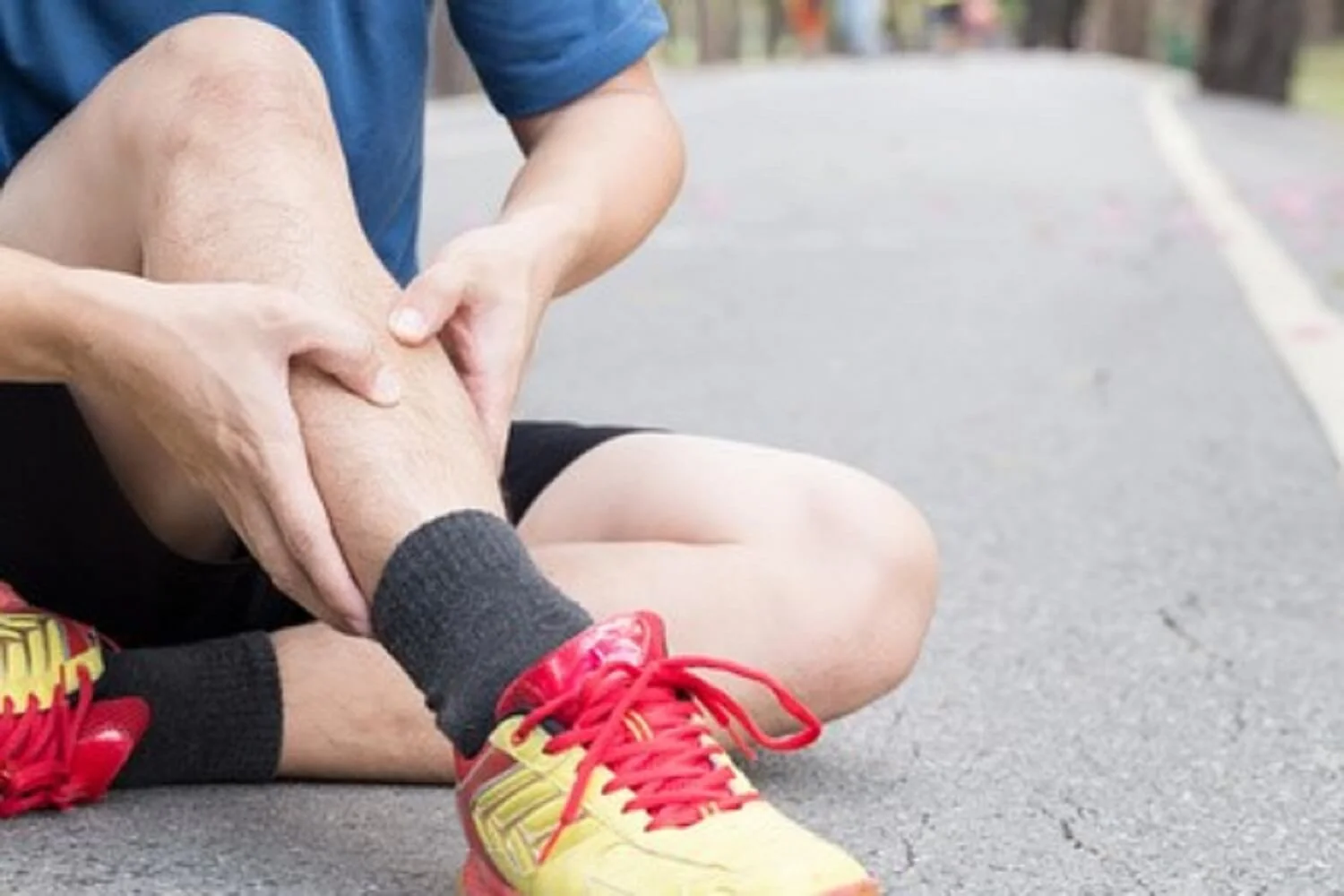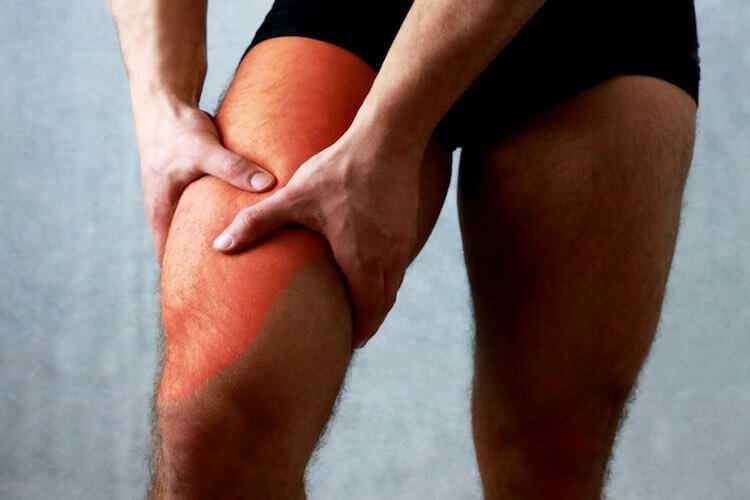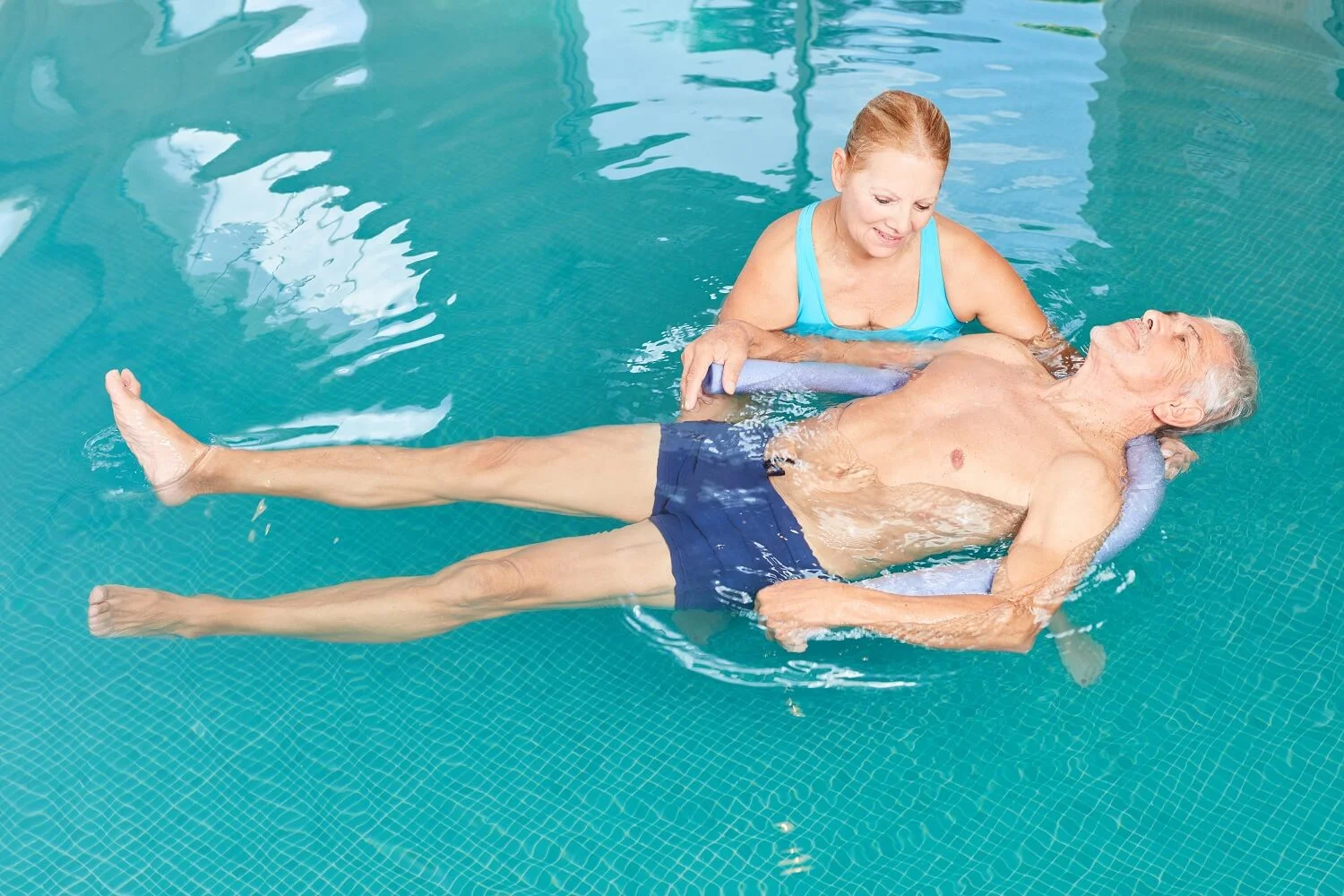Forward head carriage (tech neck)
A forward head carriage is when poor posture causes the neck to lean forwards. It’s also commonly known as the ‘tech neck’ since it usually occurs while using a computer or mobile device. The forward neck slant places a lot of stress on the cervical spine, which can create muscle imbalances. The body then tries to compensate by finding efficient ways to hold the head up. Eventually, this can result in degenerative changes in the neck, potentially leading to nerve impingement.
Rounded shoulders and tight chest
Having rounded shoulders and a tight chest is a very common sign of poor posture and is prevalent amongst sedentary works. Spending excessive time in front of a computer can cause weakening and lengthening in the back muscles, and shortening and tightening in the pectorals. Rounded shoulders can also occur when the upper/mid back is neglected in the gym, and too much focus is placed on the chest muscles.
Neck and back pain
Poor posture causes muscle imbalances which in turn leads to pain. A forward head carriage, for example, can overwork the neck and upper back, as the muscles work to hold the head against gravity. This can eventually result in stiff joints and strain in the neck and upper back, causing pain.
Headaches
Recurring headaches are common amongst those with poor posture. As we just discussed, a forward head carriage puts the neck under a lot of stress. As the neck muscles become overworked, tension is created in the spot where the neck is attached to the back of the skull. This can lead to tension headaches.
Pelvis tilt
Excessive sitting can result in tightness in the hip flexors. These muscles run from the front of the hip up to the lower back. Desk-bound jobs can cause the pelvis to rotate forwards, tightening the hip flexors. This can increase the curvature of the upper and lower back, resulting in pain.
Our Sports Focus physiotherapists can identify your posture style and provide the right treatment and posture correction exercises for your individual needs. Book an appointment today!



